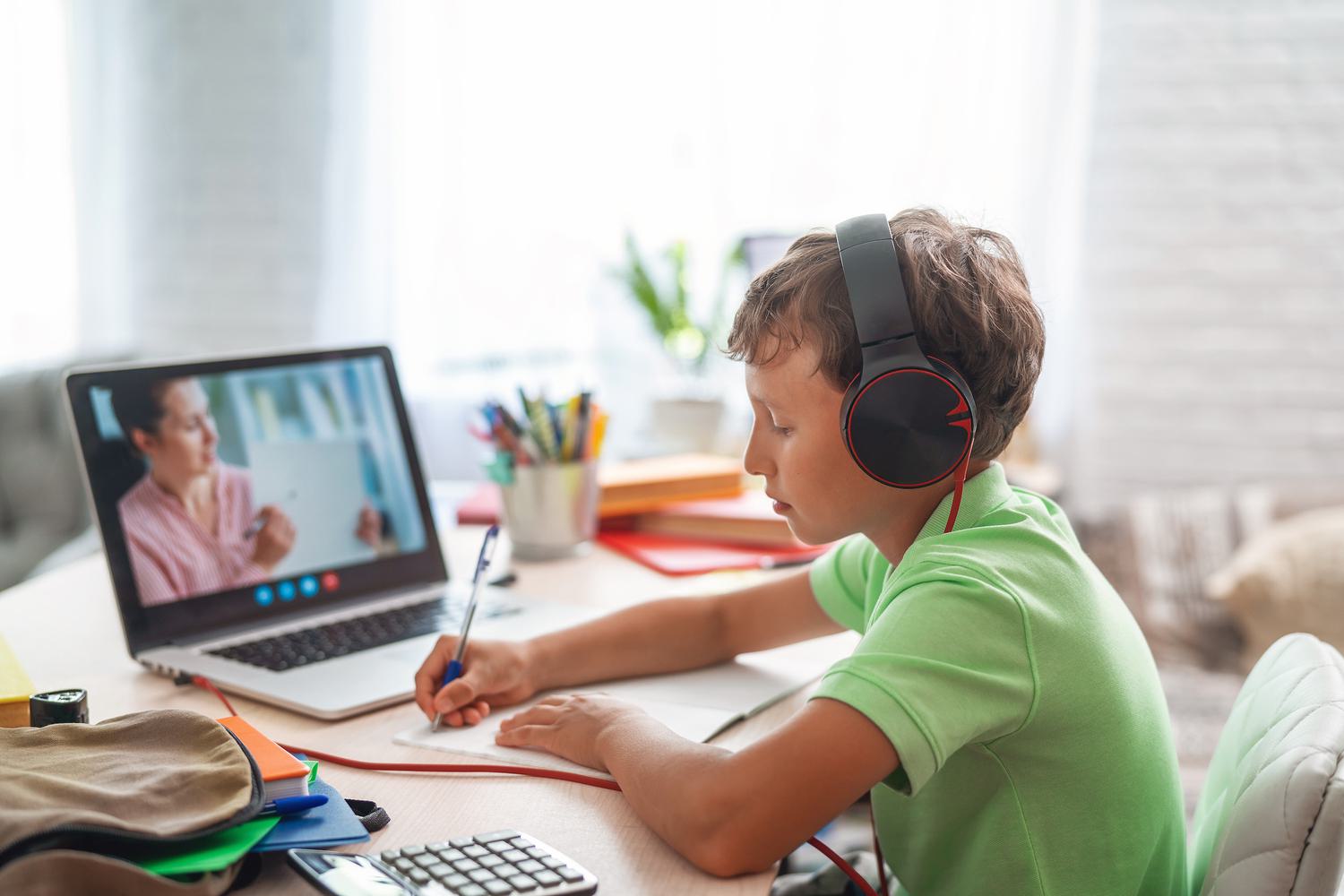Those who inhabit the great halls of learning in this world would claim that Socrates was the wisest of all the great philosophers. His most famous claim is that ‘the only thing I know is that I know nothing at all’. I do not believe that he was being falsely modest, rather that he was warning against the committed conviction that draws lines in the sand. Whilst his initial point was made in the face of the Greek sophists claiming to have the answers to life’s biggest questions, his assertion lends itself to the kind of humility needed when considering faith, religion, and its purpose in our children’s lives.
Many of us in modern society do have a faith. If raising children with faith is argued to be in their best interest, we are faced with some difficult realities. One cannot fail to notice that The Holy Bible of the Judeo-Christian tradition differs in language and content from the Upanishads and the Vedas of the Hindu; that the teachings and wisdom of the prophet Muhammad, (pbuh) of the Hadith, and Buddha may not always be in concordance. Could it be, then, that in a world filled with varied and often contradictory certitudes regarding faith and religion, that we have lost our understanding of the importance of faith whilst trying so hard to prove the correctness of our own protestations?
I believe that one thing we may all agree upon is that we want better for our children. We wish their lives to be filled with happiness, kindness, hope and love. If this is the case, then we are duty bound to equip them with as many tools as possible to successfully navigate the ups and downs of life.
The ultimate manifestation of happiness is that they can create a secure, supportive, empowering life for themselves. For this to be available to our children they must be allowed to grow in knowledge, understanding and appreciation. Our children will need proficient mathematical understanding, a firm grasp on linguistics, and perhaps most importantly of all – a framework of faith rooted in whatever denomination or creed makes the most sense to their needs, so that despite whatever life throws at them, they know with full confidence they will be able to face it with squared shoulders. This faith will allow our children to trust in people, in themselves, in their capabilities and ultimately in the possibility of goodness. Faith provides a structure with which our children can validate their behaviours, opinions, and actions and ultimately become actualised as the very best versions of themselves.
It is often said that it is better to have loved and lost than never to have loved at all, and so it is with faith. It may be that those without faith have never experienced the disappointment of being let down by people, friends and even their own actions – however nor will they experience the total peace from knowing even when things feel impossible, you will never be alone when you are connected to your faith. I believe that is worth the risk.
To end this article back where it began with a consideration of old Socrates: I also believe that the only thing I know is that I know nothing at all, save that faith is a confidence or a trust in a person, thing or concept. Try as I might, I cannot help but absolutely believe and trust in my wife, our children, their abilities and their struggles, this society of Cayman, her people and above all else that there is a God and that all shall be well.
For an extensive list of churches and religious services please visit Cayman Resident.
More About the Author: Will Doran
Will served as the head of Religious Education and Theology at St. Benedict's College in Liverpool, before moving to the Cayman Islands in 2010 to head the Religious Department at St. Ignatius School. He has now returned to live in the UK.






